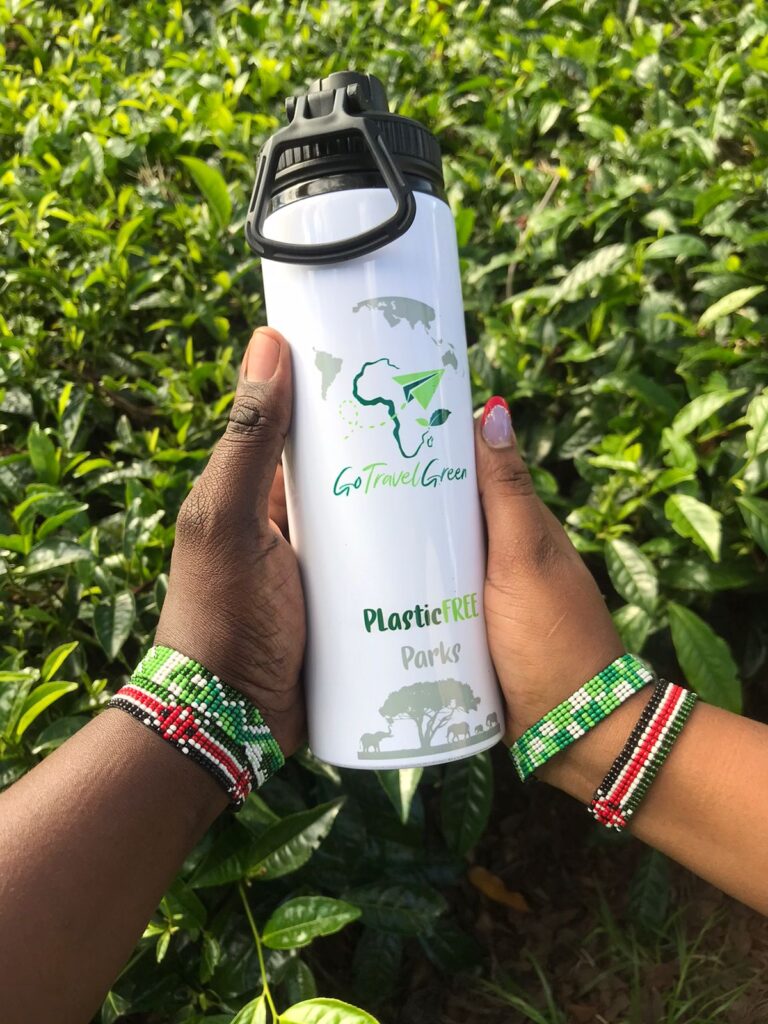Go Travel Green Ideals
Low-Impact Accommodations: Promote eco-friendly accommodations like ecolodges, green hotels, and treehouses built with sustainable materials and powered by renewable energy sources.
Bicycle and Walking Tours: Encourage eco-friendly transportation options such as cycling and walking tours, reducing the reliance on fossil fuels and minimizing the carbon footprint of tourists.
Waste Reduction: Implement waste reduction and recycling programs in tourist areas and accommodations. Encourage travelers to minimize single-use plastics and adopt sustainable waste management practices.
Wildlife Conservation Tours: Organize tours that support wildlife conservation efforts, such as sea turtle nesting programs, elephant sanctuaries, or wildlife rehabilitation centers.
Cultural Exchanges: Facilitate cultural exchanges between tourists and locals, allowing travelers to engage with and learn from the indigenous or local communities.
Slow Travel: Encourage tourists to spend more time in a destination, exploring it thoroughly rather than rushing through multiple places. This reduces the environmental impact of travel and benefits local economies.
Responsible Wildlife Viewing: Promote responsible wildlife viewing practices that prioritize the welfare of animals and their natural habitats, avoiding activities that may harm or stress them.
Carbon Offsetting: Offer carbon offset programs to allow tourists to compensate for their travel-related carbon emissions by contributing to renewable energy or reforestation projects.
Local and Sustainable Cuisine: Promote restaurants and food tours that serve local, sustainable, and seasonal dishes, supporting local farmers and reducing the carbon footprint of food consumption.
Public Transportation: Encourage the use of public transportation or shared transportation services like electric shuttles and bike-sharing programs to reduce the environmental impact of travel within a destination.
Green Certifications: Encourage accommodations and tour operators to obtain certifications such as Green Globe or EarthCheck to demonstrate their commitment to sustainable practices.
Water Conservation: Promote water-saving initiatives in hotels and tourist areas, and educate travelers on responsible water usage, especially in water-scarce regions.
Plastic-Free Initiatives: Support efforts to eliminate single-use plastics by providing reusable alternatives and encouraging tourists to bring their own eco-friendly products.
Preserve Cultural Heritage: Implement measures to protect historical sites, artifacts, and cultural heritage, and educate tourists about their significance and the importance of respectful behavior.
Promote Responsible Booking: Encourage travelers to book through responsible and ethical platforms that support sustainable tourism practices and responsible travel.
These sustainable tourism ideas can help minimize the negative impact of tourism on the environment and local communities while providing authentic and enriching experiences for travelers. Collaboration between government authorities, local communities, and tourism stakeholders is essential to make these initiatives successful..

Use of Refillable Water Bottles instead of Single Use Water bottles is a game changer in Kenya’s Tourism Sector
